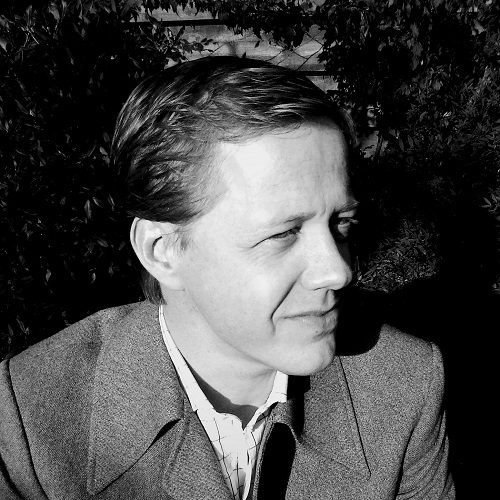Mauritz Kop
May 25, 2022
Mauritz Kop is a Stanford Law School TTLF Fellow, Founder of MusicaJuridica, strategic intellectual property lawyer at AIRecht, and founding director of the Stanford Center for Responsible Quantum Technology. His work on regulating AI, machine learning training data, and quantum technology has been published in Stanford, Harvard, Berkeley, and Yale scholarly journals. Mr. Mauritz delivered copyright expertise to the European Parliament during the EU Copyright Directive legislative process, and provided recommendations to the European Commission during the codification of the Artificial Intelligence Act and the Data Act. He held IP, music and technology law guest teaching positions at Leiden University, Utrecht University, and Maastricht University, and provided postdoc legal training to Supreme Court justices, lawyers, and legal professionals at Radboud University. Mauritz is a member of the European AI Alliance (European Commission), the Dutch Copyright Society, CLAIRE (Confederation of Laboratories for Artificial Intelligence Research in Europe), the ECP|Platform for the Information Society, and the World Economic Forum. He is author of numerous articles and blogs about legal, social, and ethical aspects of exponential innovation in industrial sectors such as healthcare, agrifood, and entertainment and art, and is a frequent international conference speaker on topics in the nexus of AI, Quantum, and Law. Mauritz studied intellectual property law, labour law, and contract law at Stanford Law School, Maastricht University, and VU University Amsterdam. His present cross-disciplinary, comparative research focuses on human-centred AI, quantum-ELSPI, and sustainable disruptive innovation policy pluralism. In his free time Mr. Mauritz enjoys tennis, yachting and performing classical and electronic music. He has been a Transatlantic Technology Law Forum Fellow since 2019.
